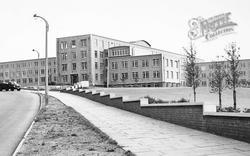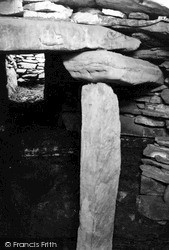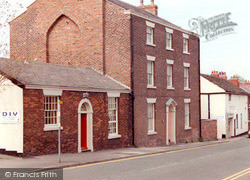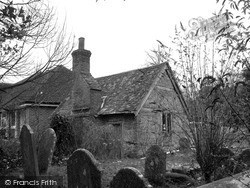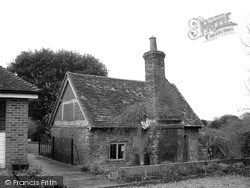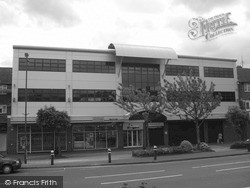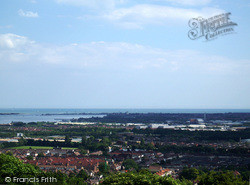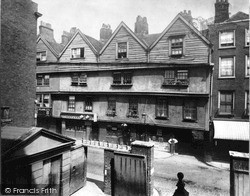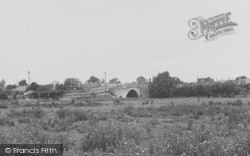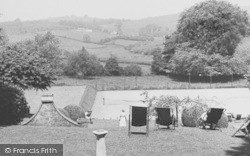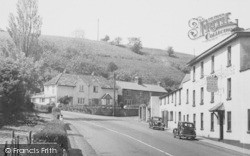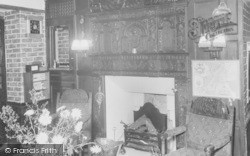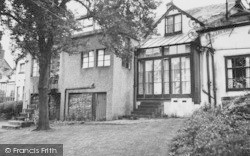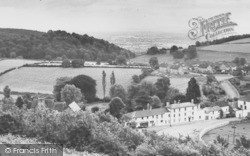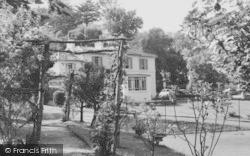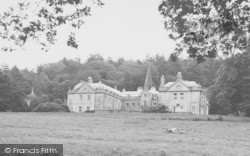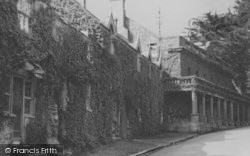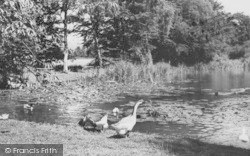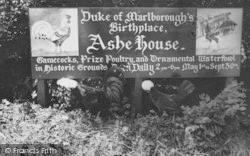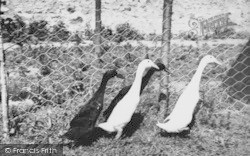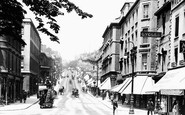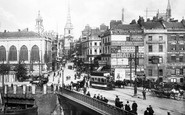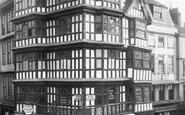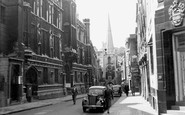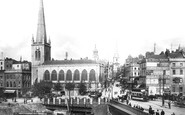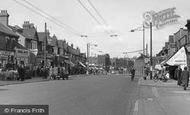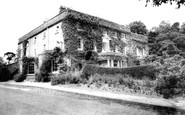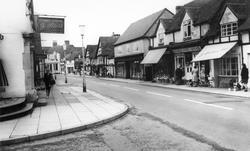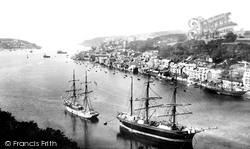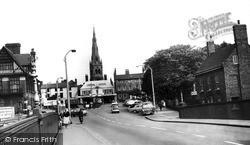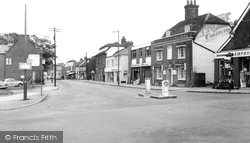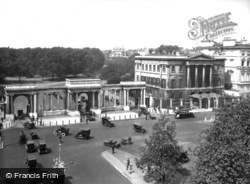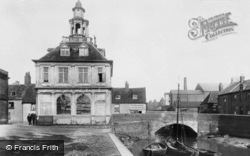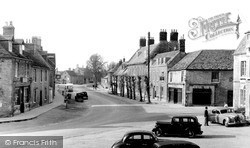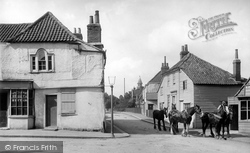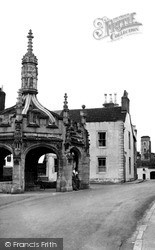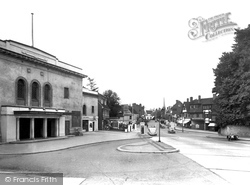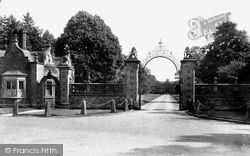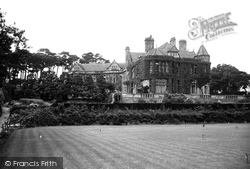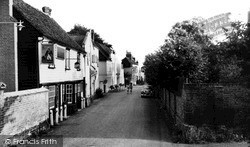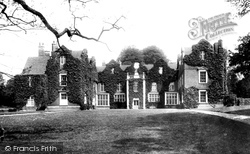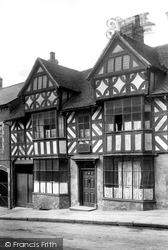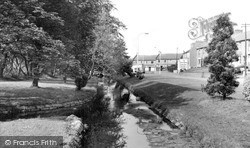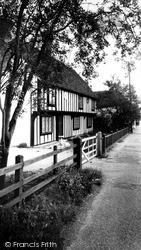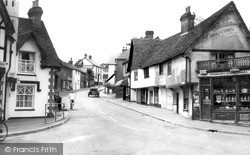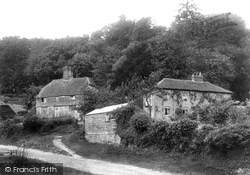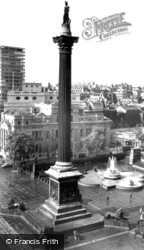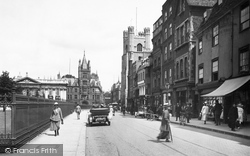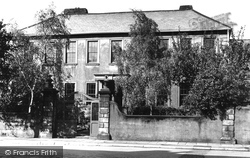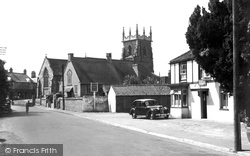Places
36 places found.
Those places high-lighted have photos. All locations may have maps, books and memories.
- Chatsworth House, Derbyshire
- Osborne House, Isle of Wight
- Brambletye House, Sussex
- Ickworth House, Suffolk
- Kingston Lacy House, Dorset
- Boscobel House, Shropshire
- Preshute House, Wiltshire
- Bolton Houses, Lancashire
- Brick Houses, Yorkshire
- Quaking Houses, Durham
- Water Houses, Yorkshire
- Bottom House, Staffordshire
- New House, Kent
- Mite Houses, Cumbria
- Lyneham House, Devon
- Church Houses, Yorkshire
- Dye House, Northumberland
- Spittal Houses, Yorkshire
- Street Houses, Yorkshire
- Tow House, Northumberland
- Halfway House, Shropshire
- Halfway Houses, Kent
- High Houses, Essex
- Flush House, Yorkshire
- White House, Suffolk
- Wood House, Lancashire
- Bank Houses, Lancashire
- Lower House, Cheshire
- Marsh Houses, Lancashire
- Chapel House, Lancashire
- Close House, Durham
- Guard House, Yorkshire
- Hundle Houses, Lincolnshire
- Hundred House, Powys
- Thorley Houses, Hertfordshire
- School House, Dorset
Photos
7,776 photos found. Showing results 701 to 720.
Maps
370 maps found.
Books
1 books found. Showing results 841 to 1.
Memories
10,360 memories found. Showing results 351 to 360.
The Lindens Rosgill
I was born in the large house halfway down the hill of the little hamlet of Rosgill, the house is called the Lindens. My childhood was wonderful. I rate my self a very lucky person indeed to have started my life in the lovely ...Read more
A memory of Rosgill in 1941 by
Personal Recollections
From age 11 to 16 I lived in Station Town from 1950 to 1955, at 2 Rodridge Street,( now thankfully the street has been demolished). When I saw the old photograph of the Main Street it was mostly as I remembered it. Booth's ...Read more
A memory of Wingate by
Park Street , Bristol Bs1
My, how Bristol's once prestigious Park Street has changed. The picture from a hundred years ago shows just what a graceful place it was to shop in those Edwardian days of long ago. Strolling up, on the left, one could ...Read more
A memory of Bristol by
Bombing Raids In 1940
Bristol's premier shopping centre was turned into a wasteland of burned out buildings after major bombing raids in 1940, during the Second World War. Bridge Street Summary Bridge Street ran from High Street, rising up a ...Read more
A memory of Bristol by
Dutch House
The Dutch House - this 17th century building once stood on the corner of Wine Street. It was reduced to a charred skeleton during the Second World War and for safety's sake it had to be pulled down. The Dutch House was Bristol's ...Read more
A memory of Bristol by
St John's Gate Broad Street
St John's Gate in Broad Street in Bristol is the only surviving medieval city gateway, at one one time there were seven gates into the old city. Fortified gateways pierced the town wall at intervals. St John's Gateway, ...Read more
A memory of Bristol by
Bristol Blitz
The High Street - the scene of many stirring events in Bristol's history and the heart of the city - was destroyed and lost forever during the Second World War. As a city with docks and industry at its heart, Bristol was a natural ...Read more
A memory of Bristol by
The Mount In The Early 1970s
I went to see 'The Jungle Book' in the Odeon and remember the restaurant opposite - dead posh. I worked in the tiny TESCO supermarket which was opposite Rossis. In the 1970s Rossis was a mecca for teenagers as ...Read more
A memory of South Harefield by
Nash Court
I too was a member of St Matthew's church choir in Stretford, Manchester. I remember going to Nash yearly for some years in the 1960s. Some of the choir men also went but I think the organiser was the choirmaster Mr Ronald Frost, who was ...Read more
A memory of Nash in 1965 by
Lower Peover School
I was a pupil at Lower Peover primary school from 1980 to 1986 and have many great memories. Mrs Wraith taught the reception class and we all had pictures so we knew which our pegs and draws were and mine was always a cow. ...Read more
A memory of Lower Peover in 1980
Your search returned a large number of results. Please try to refine your search further.
Captions
6,977 captions found. Showing results 841 to 864.
The gabled, timber-framed building is Chester House, which has functioned as a library since its restoration in 1975.
This is the Fowey beloved of weekend salts and retired admirals who sip gins on the verandahs of waterside houses in this timeless old town.
For a start, two of the buildings in the background are no longer imposing town houses; one is now the offices of the Phoenix Assurance Co, and the other, Warwick house and former home of brewer Samuel
Bleak House (with the pedimented doorway, right) has been demolished, and rebuilt to an almost identical design.
To the right of the arch is Apsley House, one of only two or three of Piccadilly’s great houses to survive. Known popularly as ‘Number One, London’, it was built by Robert Adam in the 1770s.
The Purfleet, with its low bridge, is an old tidal inlet of the Ouse. Here stands the exquisite Custom House of 1683, with its graceful classical-style facade.
This is Burford Street, with stone houses of all shapes and sizes from cottages to the Swan Hotel on the left, a part-Tudor building, and the urbane Georgian of Ryton House on the right with its four brick
The Britannia ale house, which stood on the corner of the High Street and North Street, was believed to be one of the earliest houses in the town and had monastic connections.
The tower of Tower House can be seen at the junction with Cross Hayes Lane (right). Tower House has a long and interesting history.
In the grounds behind the Council Offices stands Pippbrook House, the home of Dorking's main Library. It was once a private house.
Dorfold Hall was built for Ralph Wilbraham between the years 1616 and 1621, although the lodge house, shown here, dates from 1862.
Brackenwood House, shown here covered in Virginia creeper, dates back to the 1880s. It was purchased by Bebington Council in the 1920s for use as council offices.
The King William IV public house, dating from 1862, is the first in a row of noteworthy buildings in Vantorts Road.
Built on the site of the 12th-century priory of the Holy Trinity, this marvellous Tudor country house almost became a housing estate in the late 19th century.
The appointment of a public preacher was paid from these funds, and this house was built in 1611 to house the town's Preacher.
In 1933 a house clearance and house building scheme was developed at Broadwaters.
Constructed c1600, this was probably a yeoman farmer`s house associated with the Hallingbury Park estate. It was later split into two cottages, one of which was the local police house.
Earlier in the century, the half-timbered building housed a pair of shops. They are now private dwellings. Like the white house next door, they date from the 16th century.
An estate village of Hollycombe, a Tudor-style house of c1900. Chapel Common has a quaint 16th-century chapel in a wood, with a new church of St Luke built nearby in 1878.
Rising above Canada House we can see the 18-storey New Zealand House, which opened in 1965.
Gonville and Caius College is on the left, along with James Gibbs' elegant Senate House, where students are awarded their degrees.
His father was steward to Sir James Lowther, and moved to the house in 1766. The house overlooks the River Derwent and has a delightful garden and terrace. It is now in the care of the National Trust.
The house has now gone, and the bridge has been replaced by another. This photograph was taken in Lower Monk Street near the weir in Swan Meadows.
Alford is a most attractive small market town on the eastern edge of The Wolds, noted for its thatched Manor House in West Street, a 16th-century hall house with crosswings, all encased in brick in 1661
Places (80)
Photos (7776)
Memories (10360)
Books (1)
Maps (370)


